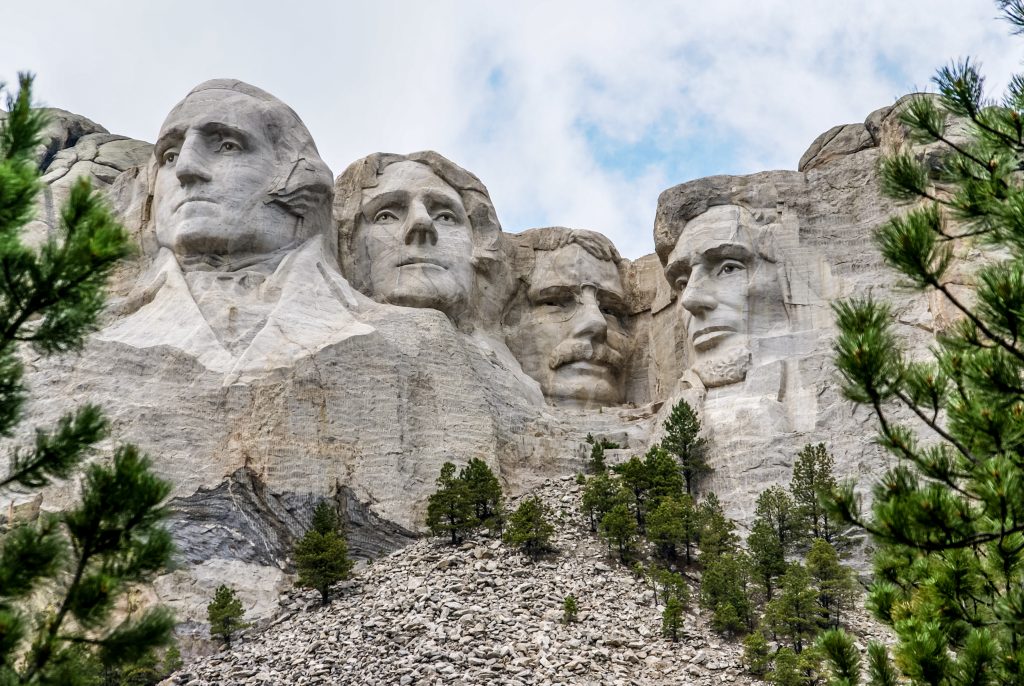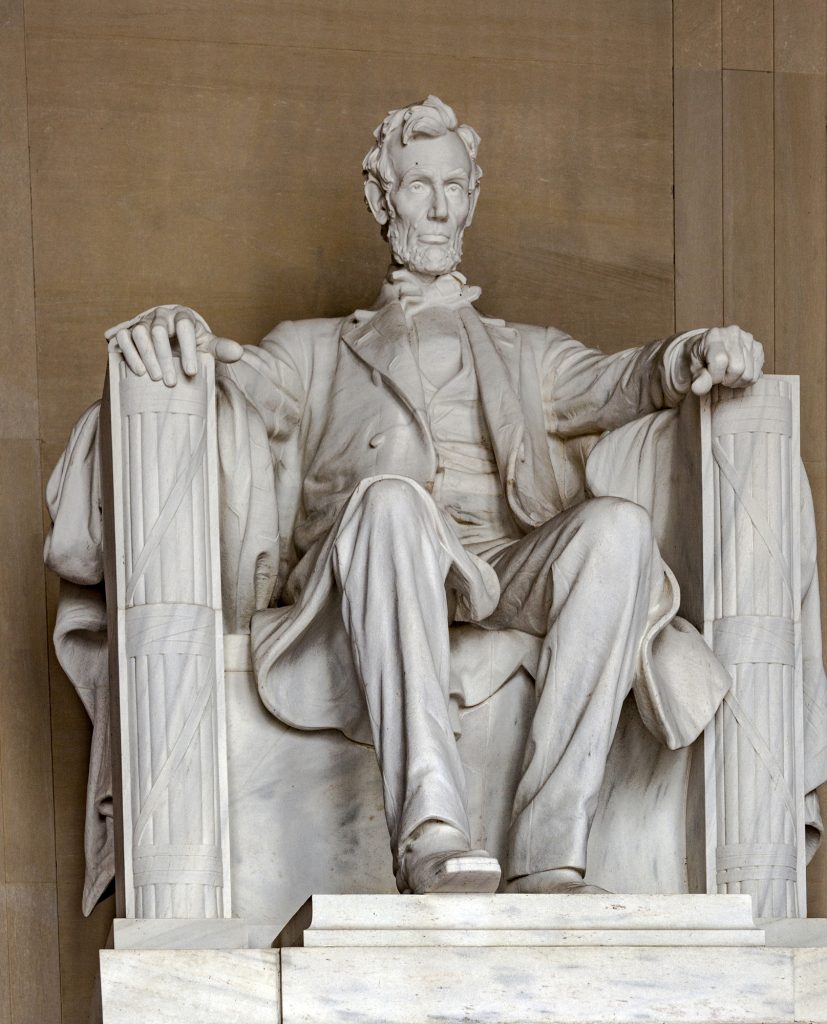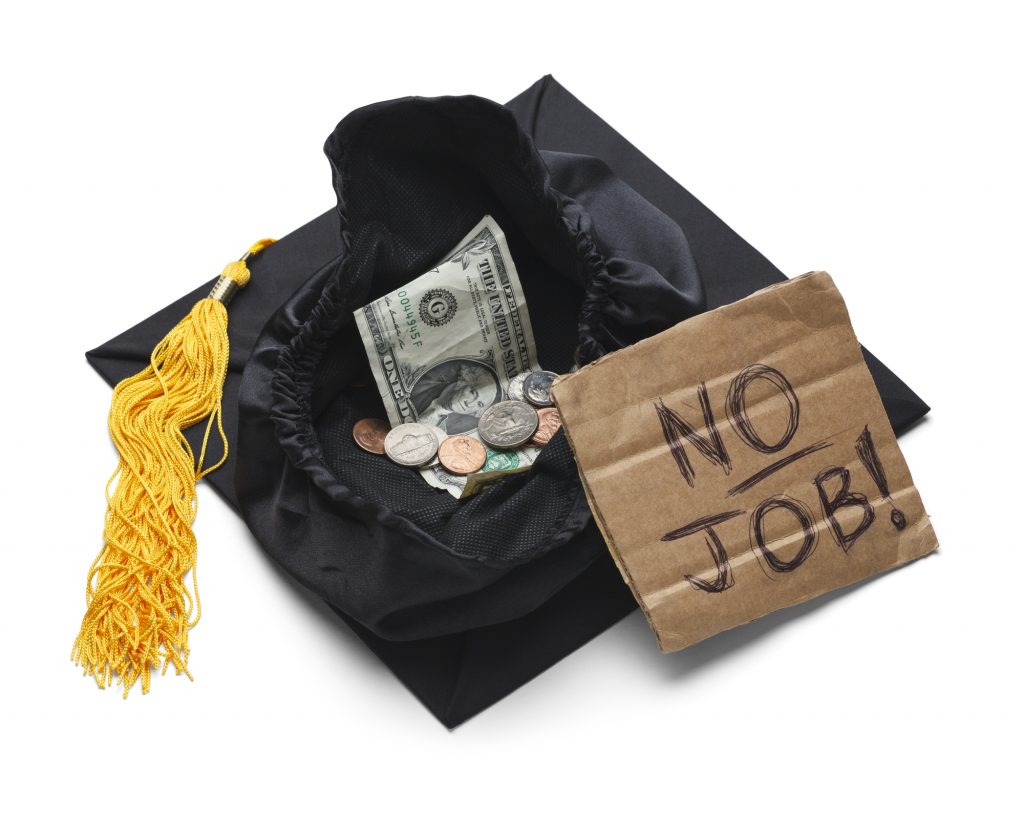Today’s Middle Class American of all sexes, all races, all ethnicities, all creeds, and all family backgrounds—whether their ancestors sailed to these shores on the Mayflower centuries ago, or flew into the United States on an immigrant visa a decade ago—are all stunned by the anti-Christian, anti-Western, and anti-American revolution now currently in progress. Family members, teachers, friends, co-workers, and team-mates are forcing these Americans to choose political sides so they may then decide whether or not to disown their fellow family members, fail their students, end their friendships, or find other ways to stop associating with them—even if it means ending their livelihood.
And now many find themselves also being forced to address one of the key issues facing Middle America, by asking themselves and each other, “Do we still honor the heroes and heroines of our past?”
James Kirkpatrick has observed, “[T]he question of ‘who is or is not an American’ is being answered for us in the streets, as statues of Union and Confederate leaders, the Founders, heroic presidents like Teddy Roosevelt, and other symbols of the American identity are destroyed and defiled.”
Identity politics has heralded in an age where simply being proud to be an American is considered by many to be a disgraceful and bigoted outlook. And so, the buildings named after great Americans, the halls named after great Americans, the streets named after great Americans, the parks named after great Americans, and the schools named after great Americans are all being renamed.

The result? On one side the appetite of the mob is not being satiated—but merely whetted for more symbols of the past for them to gorge on—while on the other side, white hot anger further inflames American patriots; the ones who follows the rules, respect the founders, pays their taxes, love their country, and try to fulfill their civic duties, who were at first bewildered, then vexed, then finally enraged.
Conversely, the mob is never satiated because as soon as one fall guy or gal has been purged, “someone else—a former innocent—must take his place,” as stated by Georgetown professor Joshua Mitchell in American Awakening, Identity Politics and Other Afflictions of Our Time.
This is multiplied by an ahistorical philosophy currently being embraced which has sent out a diktat that tells the naïve, the gullible, and the historically ignorant that, simply by having the advantage of living in the contemporary present, this generation is the most virtuous in all of history. Where does this assertion come from? Certainly from not any objective criteria. No, it is just simply (and self-importantly) asserted!

This is an intellectual fallacy known as presentism, labeled by C.S. Lewis as “chronological snobbery.” Too many people today presume they are superior to all of their forefathers simply because they live in the present. It may be plausibly argued that measured with regard to race there may be some merit in patting themselves on the back. And yet if we measure ourselves against our forefathers in terms of other examples – such as family stability – we are much worse now than any previous generation. This has had the effect of not only damaging our children, deeply, but affecting society towards a greater extent as well, including societal inequality.
Casey Chalk has suggested one way to respond to the question of whether or not we continue to honor the heroes and heroines of our past is to follow the “approach with ancient roots in Aristotle,” and “honor those whose lives in some (albeit imperfect) sense reflected a universal, objective good, like the cardinal virtues of courage, justice, prudence, and temperance.”
Another prominent writer, historian Wilfred M. McClay, has suggested in Land of Hope: An Invitation to the Great American Story, that we should honor those who – however imperfectly – attempted to make this country a better nation for all of its citizens. Civic traits such as virtue and patriotism are acknowledged as always being worthy of pursuing.
These traits are also meant to be conveyed to our descendants who are naturally predisposed to neglect and disregard them.
Consider that there are actual people who hold positions today in academia, the bureaucracy, and at all levels of government who sincerely believe the ever-shifting emotions and opinions of the zeitgeist is the only reliable way to measure the accomplishments of the past; if public art, or schools, or military bases, or civic institutions must always and only reflect this ever-metamorphosing measurement then the only function they serve is a self-congratulatory one.
As Casey Chalk writes, “We self-righteously laud ourselves for our woke, inclusivist sensibilities, seemingly ignorant that the fickle, increasingly ignorant mob will one day come for us for our own misdeeds. This is narcissistic, self-destructive, and inimical to societal preservation.” In short: a recipe for disaster.
Those of us who love our country continue to acknowledge the wisdom of the ancient Roman philosopher and statesman Marcus Tullius Cicero, “Poor is the nation that has no heroes, but poorer still is the nation that having heroes, fails to remember and honor them.”




